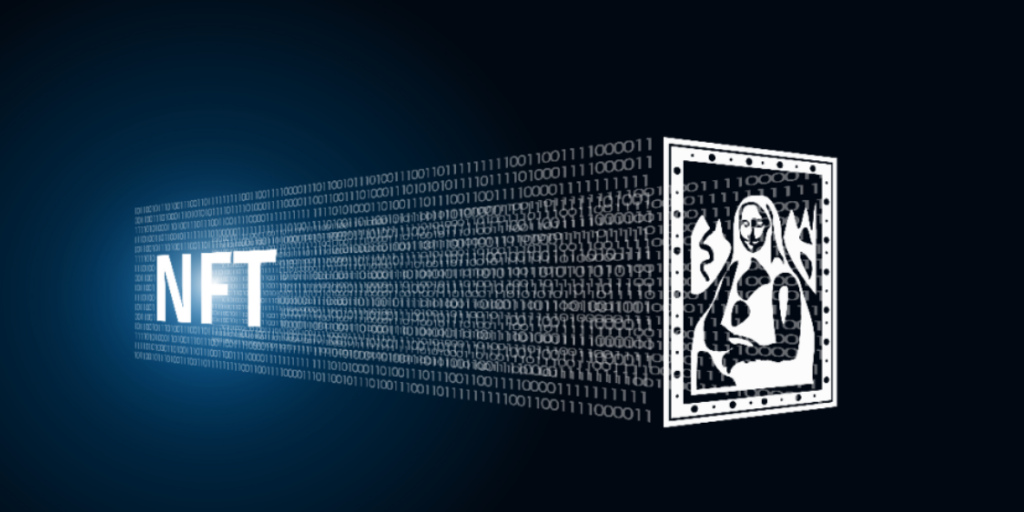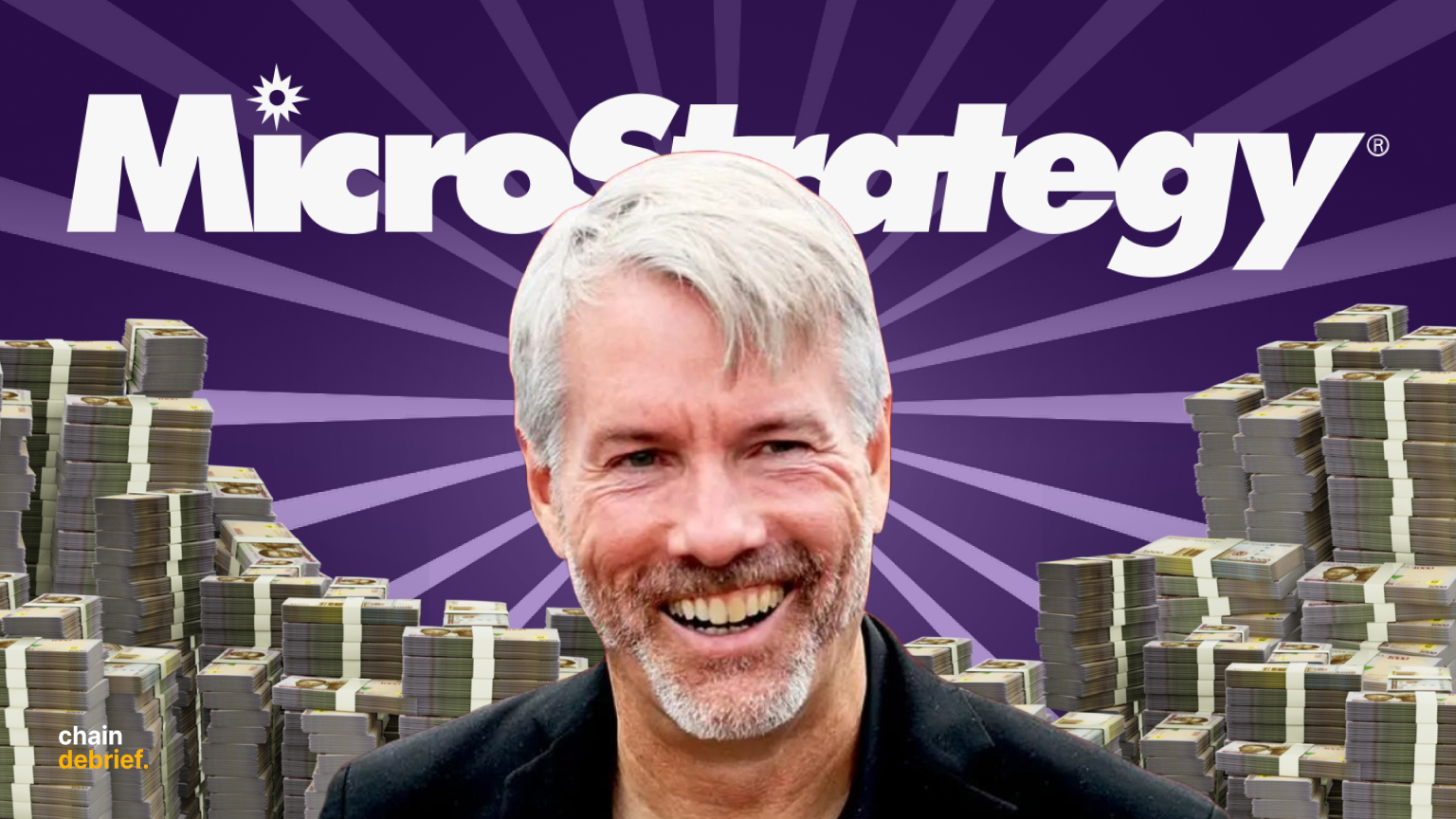One of the biggest use cases in the blockchain industry is the rise of non-fungible tokens, also known as NFTs.
According to Wikipedia, a NFT is a unit of data stored on the blockchain, that certifies a digital asset to be unique and therefore not interchangeable. NFTs can be used to represent items such as photos, videos, audio clips, and other types of digital files
While NFTs have increased in popularity, its application is currently limited to digital art ownership as well as in NFT games such as Axie Infinity.
However, on top of these two use cases, NFTs can have a wide range of other use cases. Here’s a look at some of them:
Digital Art
One of the most popular examples of NFTs is digital art. This use case is the most popular because it is the easiest application of NFT and the best way to help people understand what an NFT is.
In the simplest term, an NFT is a digital asset that represents real-world objects like art, music, in-game items and videos.
NFTs can be bought and sold online on NFT marketplaces, frequently with cryptocurrency, and they are generally encoded with the same underlying software as many cryptocurrencies. Any digital art or creation can be tokenized by creators with NFTs, providing creators with a new way to express and sell their art form.
The popularity of turning digital arts into NFTs exploded earlier this year when an NFT by digital artist Beeple was sold for $69 million dollars. This demonstrates that digital art as an NFT is a viable new way for creators to sell their artwork.
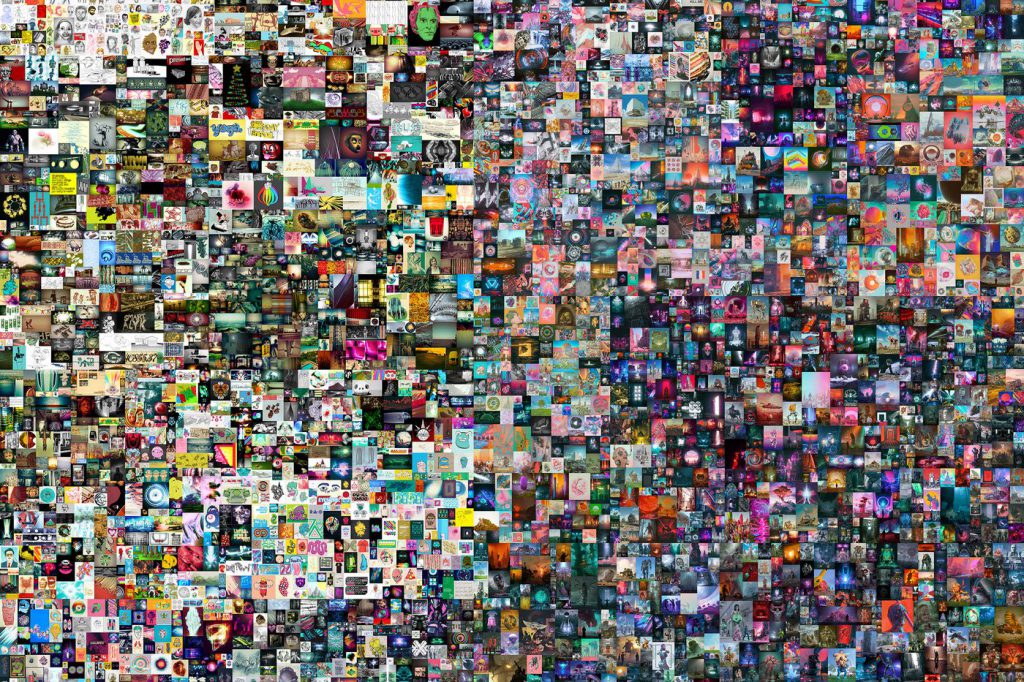
Ticketing
Another use case for NFTs is ticketing. This topic has a big use cases for Ethereum as a whole. Tickets in NFT format can easily be made for events, with benefits exceeding that of current systems.
In fact, the Dallas Mavericks has revealed plans to start issuing NFT-based tickets for upcoming basketball games. This will add value to the tickets, while also allowing them to be traded, sold, and overall commodified with ease.

In an interview, Mark Cuban was asked about his thoughts on distributing NFT-based tickets, to which he said:
“The question isn’t will [we use NFT tickets], it’s when, and we’ll start doing it this coming season where we’ll issue an NFT after you’ve chosen your ticket on TicketMaster or whatever. So [you] have seat A3 in section 109. Now we already know that. We use the API. Bam, we’ll give [you] the NFT, and that comes with all the associated value that we create for it because there’s no limit to the value we can add to it”.
Mark Cuban, American billionaire entrepreneur
Jewelry
One of the problems with diamonds and jewellery is that as soon as they leave the store, they lose nearly half of their value.
This is largely because jewellery are not liquid assets and they do not have an easy form of verifiable authenticity. NFTs can solve this problem.
Asprey, a British jeweller is planning to release NFTs which will be sold as a digital physical pair. This means the buyer acquires both the object and the digital NFT representation of the object.
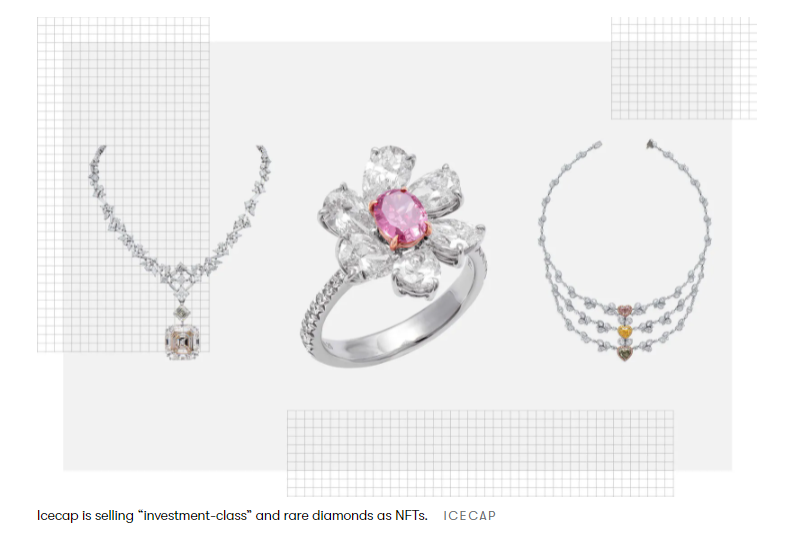
“NFTs are perfect for us, because they capture everything about the product, forever, when the information is part of a blockchain,” shared Asprey’s executive chairman John Rigas.
Sports
Another use case for NFT is in sports. NFTs in sports have grown significantly thanks to the creation of projects like NBA Top Shot, as well as Chiliz.
NBA Top Shot allows for fans to trade and own officially-licensed video highlights, while Chiliz takes it a step further by offering exclusive content for fans. It provides sports and entertainment entities with blockchain-based tools to help them engage and monetise their audiences.
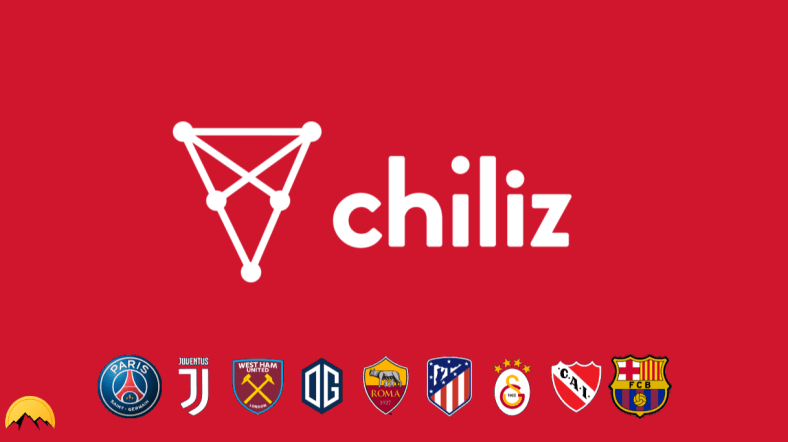
Creator Tokens
NFTs can be used to catalyze the creator economy which has exploded in popularity in this highly digitised world. Any creator can make independent economies with unique control over their interactions and experiences with their users.
Content creators are usually subject to standards maintained by a third party who takes a portion of their earnings. This makes tokens even more attractive as an alternative way to have control over their user base and content.
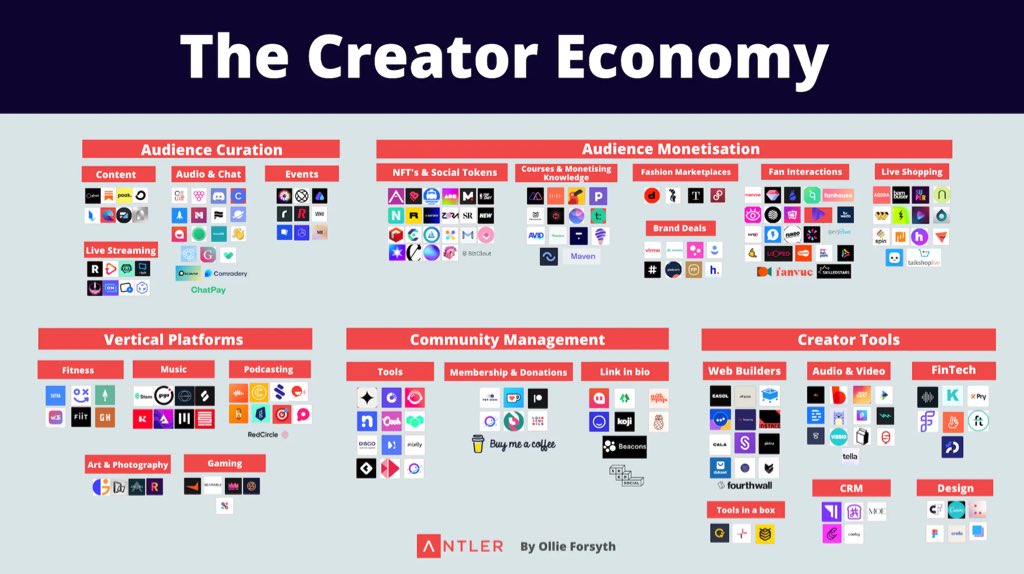
Ethereum Name Service
The Ethereum Name Service (ENS) uses NFTs in a way that is similar to the way website domains work.
These ENS can be registered, sold, or used to prove unique domain rights to a given .eth name. Additionally, you can receive Ethereum to your ENS (i.e nft.eth) instead of a wallet address.
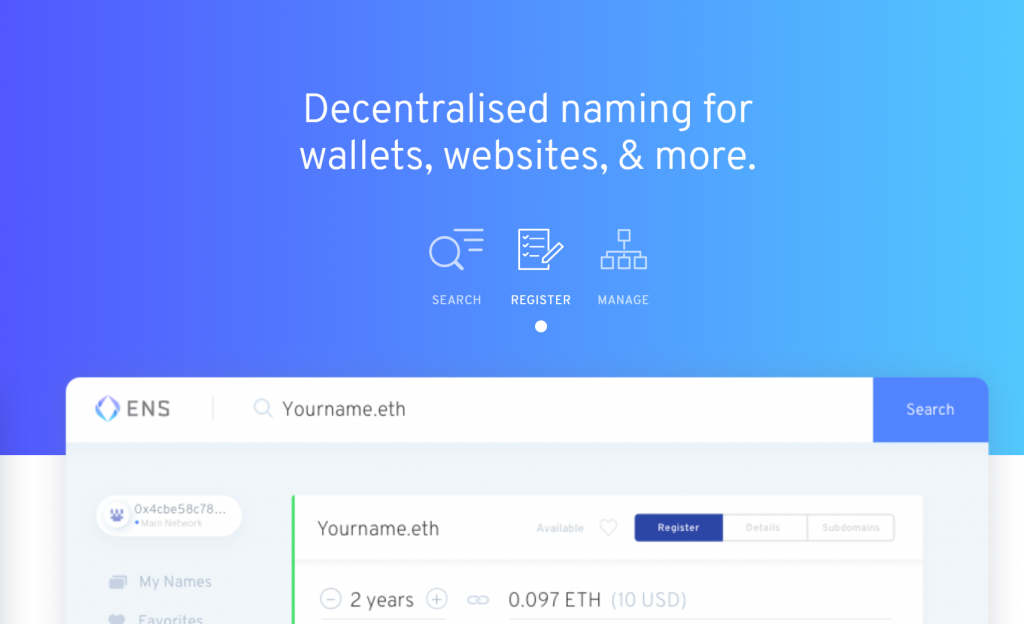
Licenses
NFTs can also be created to digitally represent agreements between two parties. The content represented on the NFT can then be commercialised on the wider market by the owner of the token. This is especially useful to promote legal copyrights.
Here’s some example of how licenses as NFTs can work:
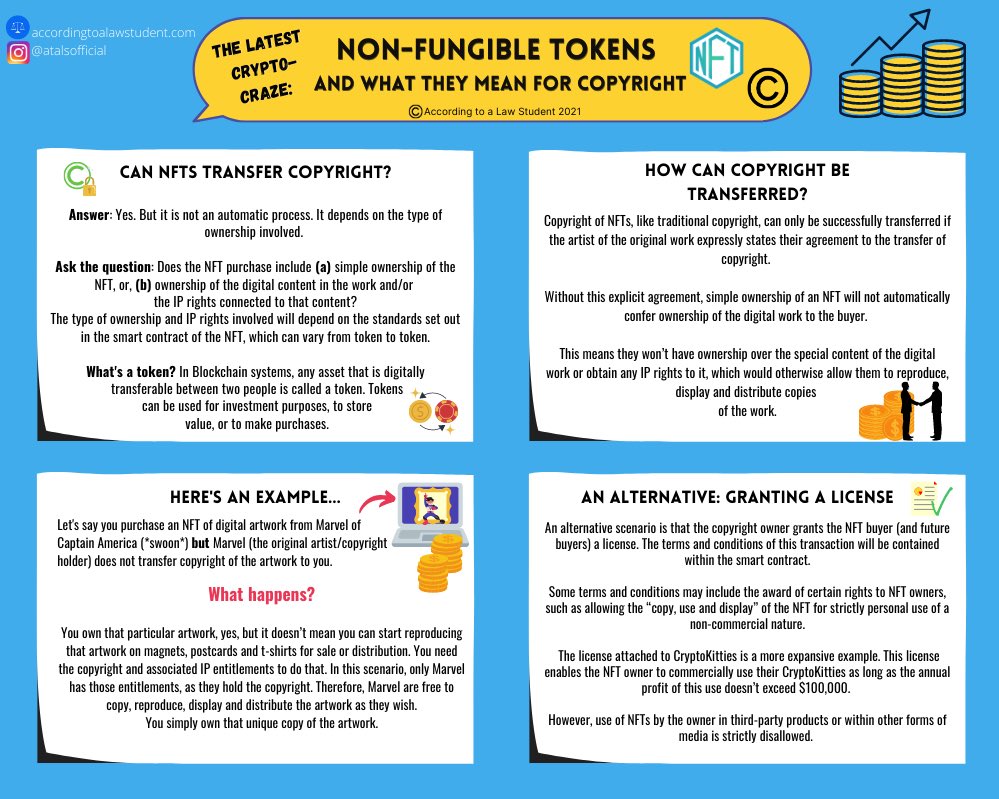
Real Estate
Another use case for NFTs is in real estate. Real estate is often limited to those who can afford such investments, and therefore, there is a lack of liquidity.
However, NFTs could introduce fractionalised tokens, changing everything for the market as we know it today. Multiple owners can own a real estate similar to how a Real Estate Investment Trust works, but at a fraction of the cost and is much easier to set up.

Digital Real Estate
Digital land, unlimited by physical space like land today, can be tokenized and used to build entire economies that are owned by the players. When virtual reality technology becomes more popular, virtual land could eventually evolve to a trillion dollar marketplace.
We are already seeing this happening with Axie Infinity, where virtual real estates are being sold for millions of dollars.
History has been made! I've just sold an @AxieInfinity genesis estate for 888.25 ETH (~$1.5M USD). This is the largest digital land sale ever recorded on the blockchain. Congratulations to the new owner – Flying Falcon ? #NFTs pic.twitter.com/AoGydw9Cpv
— DANNY (@seedphrase) February 8, 2021
Music
A problem all too common within the music industry is record labels and larger corporations taking up all of artists profits. In an era of digital piracy and streaming, music has to a large extent become cheap or free and always available online. While this is good news for consumers, it’s not always great for the people who make music.
NFTs can offer a direct platform for creators to sell their work directly to their fans, while making it a whole lot more profitable to musicians and artists. There are several music NFT marketplaces which are launched around the world.
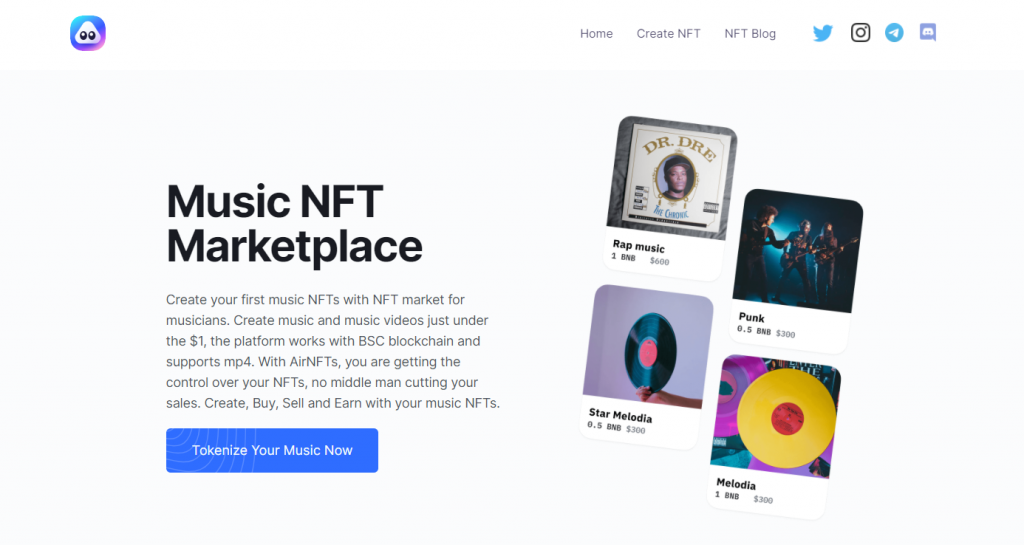
Gaming & Metaverse
Another use case for NFT that we will see more of is in gaming. This is thanks to the rise of Axie Infinity. The first quarter of 2021 saw the advent of an upgrade in crypto gaming in the form of NFT games, which have made the shift from Play to Earn games to collectible games based on the Pay to Earn principle, as rare NFTs often fetch astronomical prices on the market.
Gamestop for example, is reported to be to be working on an NFT platform that is integrated with games, social tokens, in-game currencies, in-game items, donations, and more.
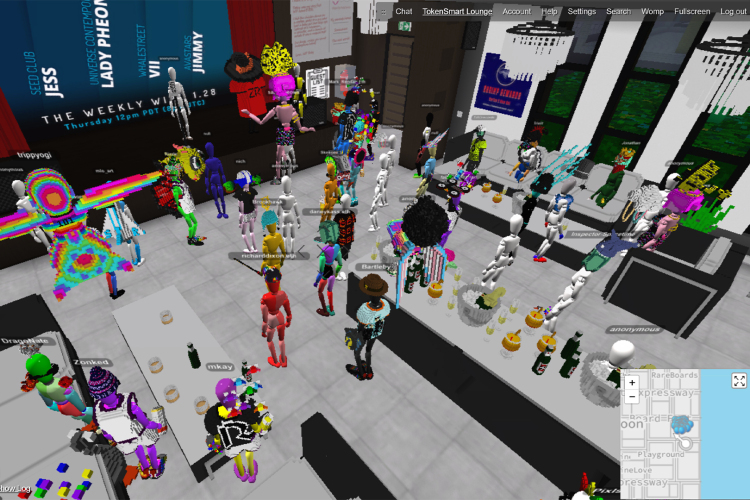
Memberships
Another use case for NFTs is that it can even monetise access while avoiding third party apps — providing a new way to implement digital memberships.
Owners just need to define the amount, duration, and the price of their content, and use NFTs as a way to unlock membership into a website. The content can only be viewed when one is connected with an Ethereum wallet holding the NFT.
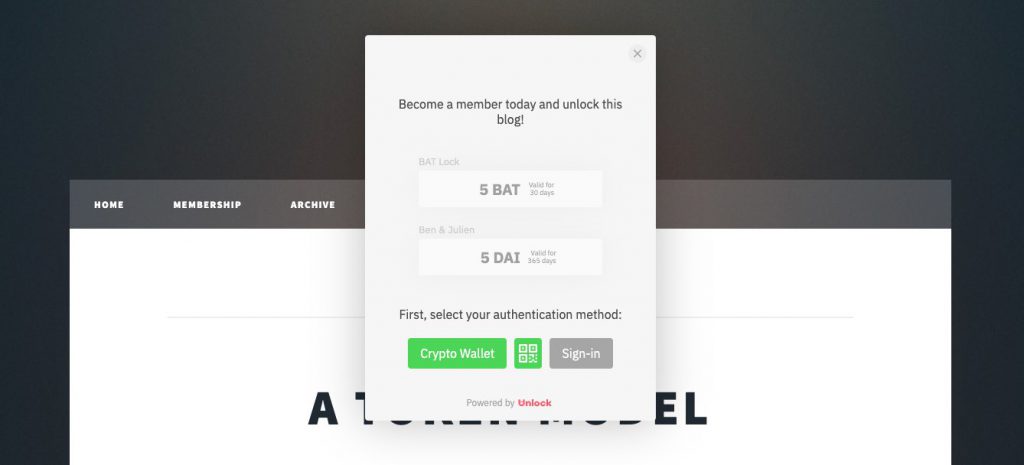
Decentralised Identity
NFTs’ verifiable and probable scarcity on a public ledger makes it a great tool to work as a decentralised identification system. When combined with decentralised identity protocols, the authenticity of NFTs will be indisputable.
NFTs are provably unique digital assets. They cannot be duplicated or divided creating digital scarcity. NFT’s contain information that link a digital or physical object, and are recorded in smart contracts on decentralised blockchain networks which makes the record mathematically tamperproof.
Community Building & Exclusive Content
One of the biggest NFT use case for creators is the ability for creators to give dedicated fans a financial stake in their success.
With NFT, creators can sell their works as NFTs to their early supporters. For fans, if you buy an NFT from a musician you find on SoundCloud who later blows up, you’ll be able to sell that NFT for a significant gain. You get rewarded for supporting the creator from the very beginning.
There’s also a huge marketing benefit for creators. Fans who own NFTs have a financial motivation to tell friends and family members about that artist. That can be a big deal for an artist struggling to get recognition.
Patents
The field of patents, maintained by records at patent offices, are limited in many ways. You cannot have fractional ownership of, or even publicly trade patents. Quite obviously, NFTs could play a large role here in what would be a greater ledger of decentralized records.
Tokenisation
Anything that can be represented as a stream of value can be turned into instantly transactable assets easily with NFTs They will not only create entirely new asset classes, but also entirely new creator economies. The extent to which this can be used is unlimited
Royalties
NFTs have programmable parameters at fullest advantage to users. A lot of companies miss out on a large portion of secondary sales made by scalpers. However, if these items (such as tickets, games, or shares) were NFTs, they could capture fees from secondary markets.
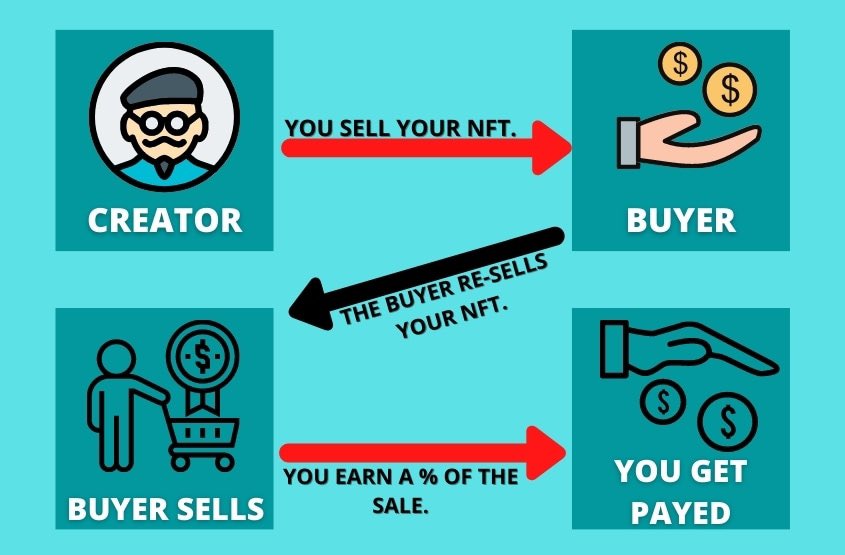
Marriage
One interesting use case of NFT is in recording marriage. This is demonstrated by Coinbase employees, who chose to get married not in the traditional way, but instead on the Ethereum blockchain with use of NFTs.
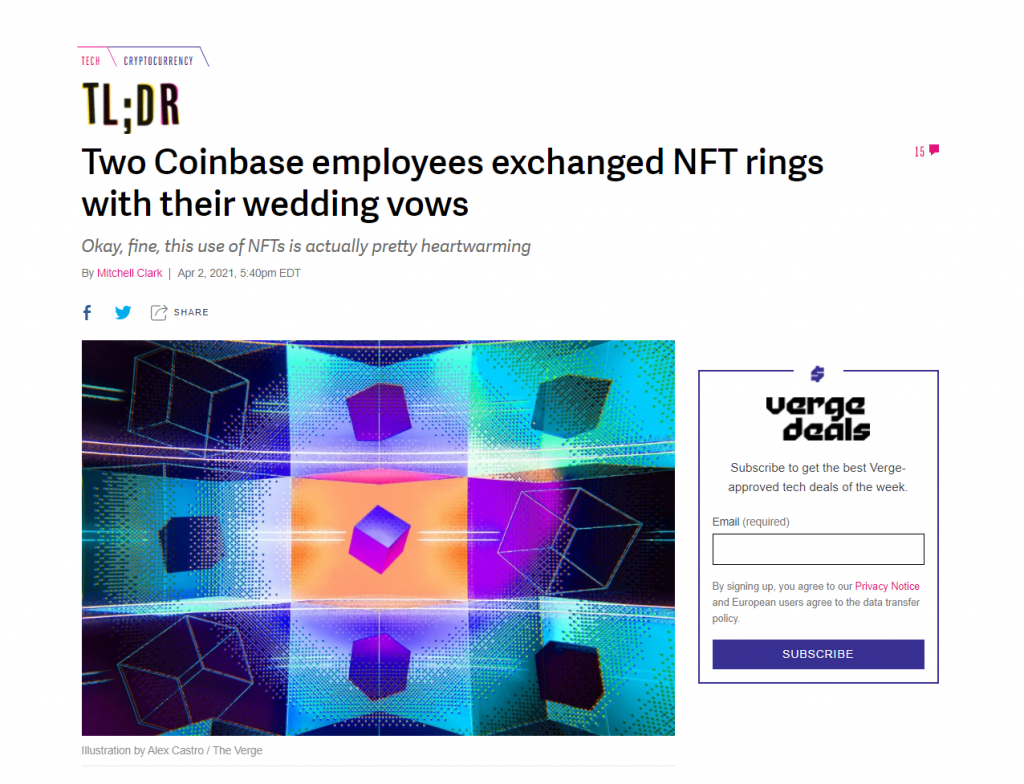
All these are possible use cases of NFTs and we are just seeing the rise of NFT adoption. While these are in early stages and, industry followers are calling this a transition to the Web 3.0 economy.

